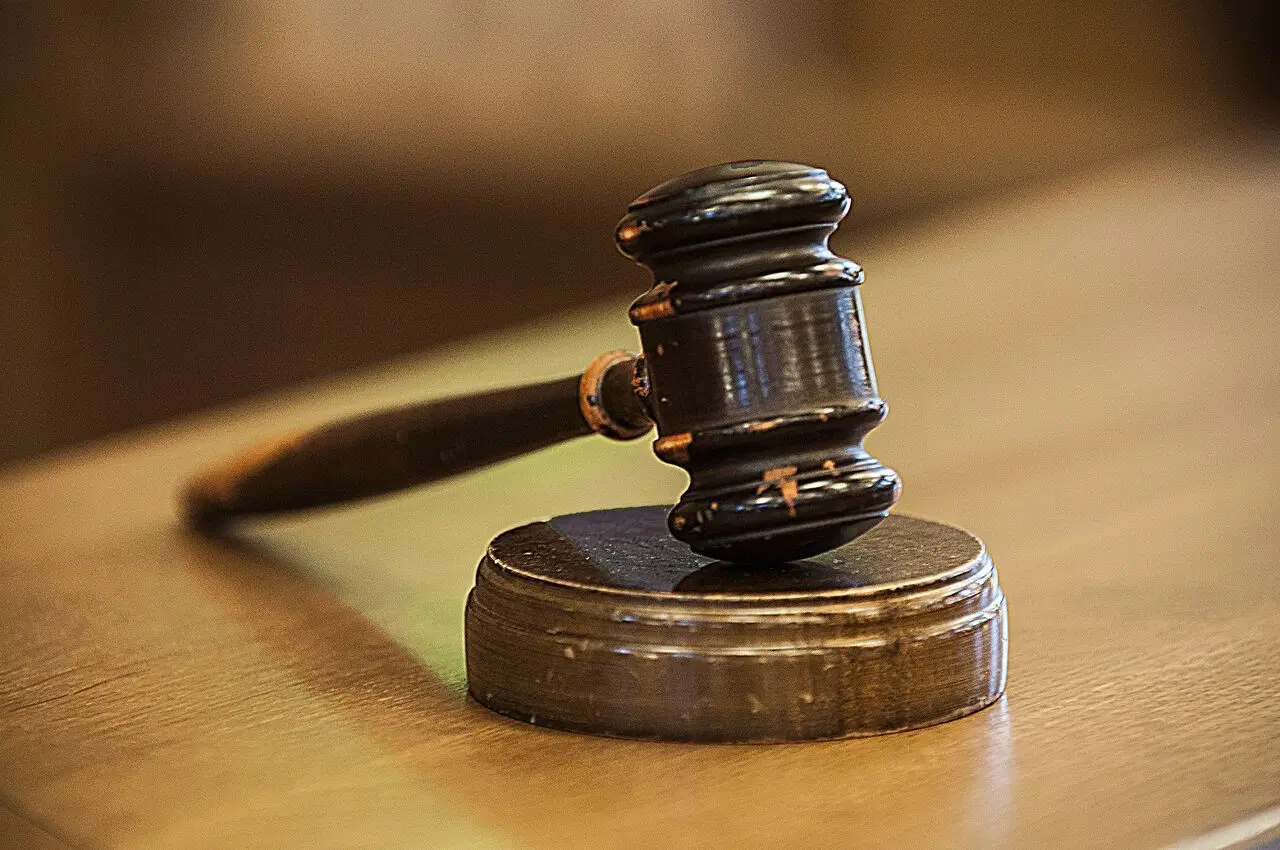The daughter of the late President of the Customary Court of Appeal in Abuja, Justice Moses Bello, has raised serious allegations regarding attempts to obstruct the execution of her father’s will. In a petition addressed to the Chief Judge of the Federal Capital Territory (FCT), Justice Hussein Baba Yusuf, Ann Eniyamire accused the will executor and some court officials of colluding to undermine proceedings related to her father’s estate.
Key Developments in the Case
- Background of the Dispute: Justice Bello’s daughter alleges that the executor of the will, Rev. Father Ezekiel Awolumate, alongside other officials, is attempting to sell off her father’s properties, despite an interim injunction issued by the High Court. The ruling, delivered by Justice M. A. Madugu on October 14, prohibited the sale or leasing of the disputed properties and mandated that they be marked with red paint and a “Not For Sale / Lis Pendens” sign.
- Contempt Charges: In her recent legal actions, Eniyamire has sought to hold the executor in contempt of court, claiming that he breached the existing orders by attempting to sell properties, including one located at No. 41 Panam Street, Maitama, Abuja. The contempt charges also include the Executive Director of Asset Management at NELMCO, Mr. Joseph Asuku Bello.
- Allegations of Court Manipulation: In her petition to the Chief Judge, Eniyamire expressed concerns about a purported plot to withdraw her case file and reassign it to another judge, which she described as an “administrative coup d’état.” She urged the Chief Judge to ensure that his office is not used to obstruct justice and to uphold the principles of fair hearing.
Legal Representation and Call for Fairness
Eniyamire is represented by a legal team led by Yahuza Mahraz, who articulated their concerns regarding the potential manipulation of judicial proceedings. The petition emphasizes that any re-assignment of a case should follow proper legal protocols and not be conducted through administrative means, which could undermine the integrity of the judicial system.
The ongoing legal battle illustrates the complexities surrounding estate management and the execution of wills in Nigeria, particularly in cases involving high-profile individuals. As the situation unfolds, it raises important questions about judicial integrity, the responsibilities of court officials, and the protections available to individuals seeking justice in similar circumstances. Eniyamire’s case will likely continue to draw public and legal scrutiny as it progresses through the courts.

